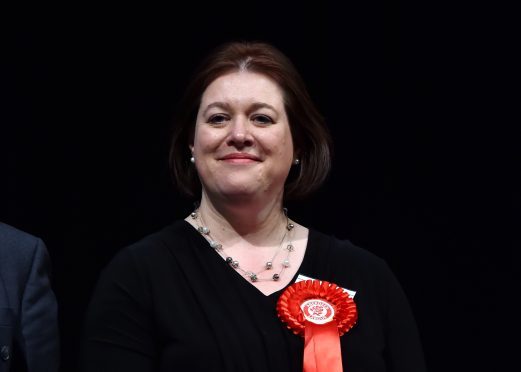Soaring drug prices will likely leave NHS Grampian millions of pounds over budget for prescriptions this year.
Aberdeen City Health and Social Care Partnership (ACHSCP) has revealed that the short supply of some medication is inflating prices and placing “significant financial pressure” on the health board.
It is estimated that this will total between £2.3million and £3million by the end of the 2017/18 financial year.
A report, which will be discussed by city councillors and health professionals on the Integration Joint Board (IJB) tomorrow, notes a raft of other factors also contributing to the overspend.
The average cost per prescription item has risen from £11.32 in April to a high of £11.72 in August.
Meanwhile the adoption of new medicines has been slower than predicted, and a price change in epilepsy drug Pregabalin has resulted in savings “vastly lower” than initial forecasts.
In the report, ACHSCP clinical director Dr Stephen Lynch said: “Growth in medicines use and its associated costs continues to bring above inflation pressure to prescribing budgets in primary and secondary care.”
Work is underway to drive down the cost of prescribing across NHS Grampian.
Doctors have been swapping some drugs for more cost-effective medications, looking for cheaper suppliers and responding to “inexplicable” prescribing variations between practices.
However, Dr Lynch noted: “These actions on their own will not create savings of the magnitude or with the pace required to impact prescribing spend to the degree required to bring spend within the proposed budget for 2018/19.”
During tomorrow’s meeting members of the IJB will be updated on plans to swap brand name medications for generic versions and to phase out drugs with “limited clinical value” such as herbal treatments.
Health bosses are also considering ways to collaborate with other health boards to ease some of the pressures.
Councillor Sarah Duncan, vice-chairwoman of the IJB, said: “Prescription costs are a problem affecting every single IJB and it’s not something we can tackle on our own.
“We are looking at how we can work together with the Aberdeenshire and Moray boards to look at what drugs are being prescribed and come up with a regional strategy.
“It’s a complicated problem and it new needs approaches rather than just cutting down on prescribing and offering cheaper medication”
